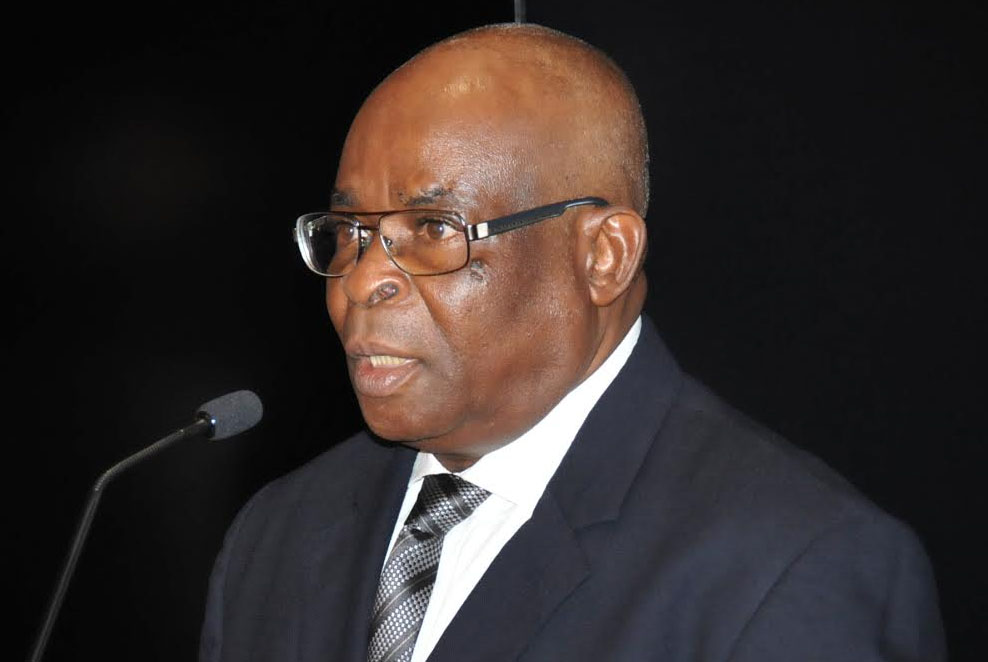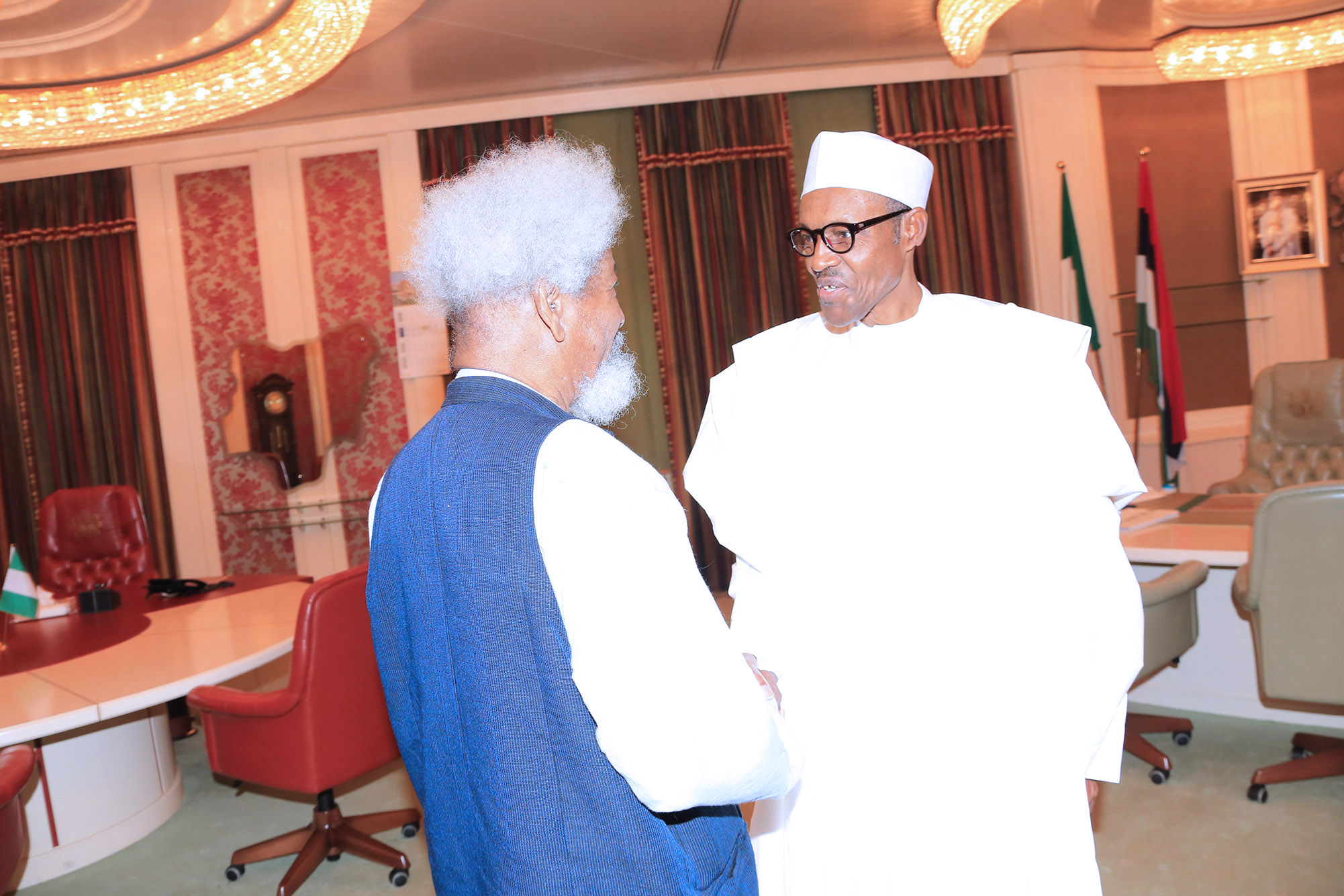Walter Onnoghen, chief justice of Nigeria (CJN), says it is contempt of court for anyone to discuss matters that are pending in court.
In a statement on Wednesday, Awassam Bassey, media aide to the CJN, quoted Onnoghen as saying that punishment for contempt of court may include a jail term.
The CJN noted that words used to describe court judgements were degrading and amount to insults which should not be encouraged in any democracy.
He urged judges to invoke “their inherent power” of contempt where there are clear violations or infractions in respect of matters that are subjudice.
Advertisement
“The attention of the honourable, the chief justice of Nigeria (CJN), his lordship Hon. Mr. Justice Walter Samuel Nkanu Onnoghen, GCON, has been drawn to the emerging and continued practice of discussions of matters that are subjudice in the print and electronic media, such as the issues concerning the Anambra state central senatorial district dispute,” the statement read.
“The Hon. CJN wishes to remind the general public that it is contempt of court for anyone to discuss any matter pending in any court of law in the country. The punishment for contempt may include a term of imprisonment.
“To make matters worse, in such discourse, the language being used in describing the judgments of the Courts is not only ungentlemanly, degrading and contemptuous, but amounts to uncharitable insults which should not be encouraged in any decent democracy.
Advertisement
“It is in the light of the above that the Hon. CJN continues to encourage parties and the general public to use only lawful means in the pursuit of remedies for their real and imagined grievances.
“The Hon. CJN reiterates his appeal to litigants, advocates and the public to refrain from making unsubstantiated and malicious allegations and complaints against judicial officers, and reminds judges to consider invoking their inherent power of contempt where there are clear violations or infractions in respect of matters that are subjudice.”
Onnoghen said the judiciary is committed to the discharge of its responsibilities in line with the constitution.
Advertisement
Add a comment







